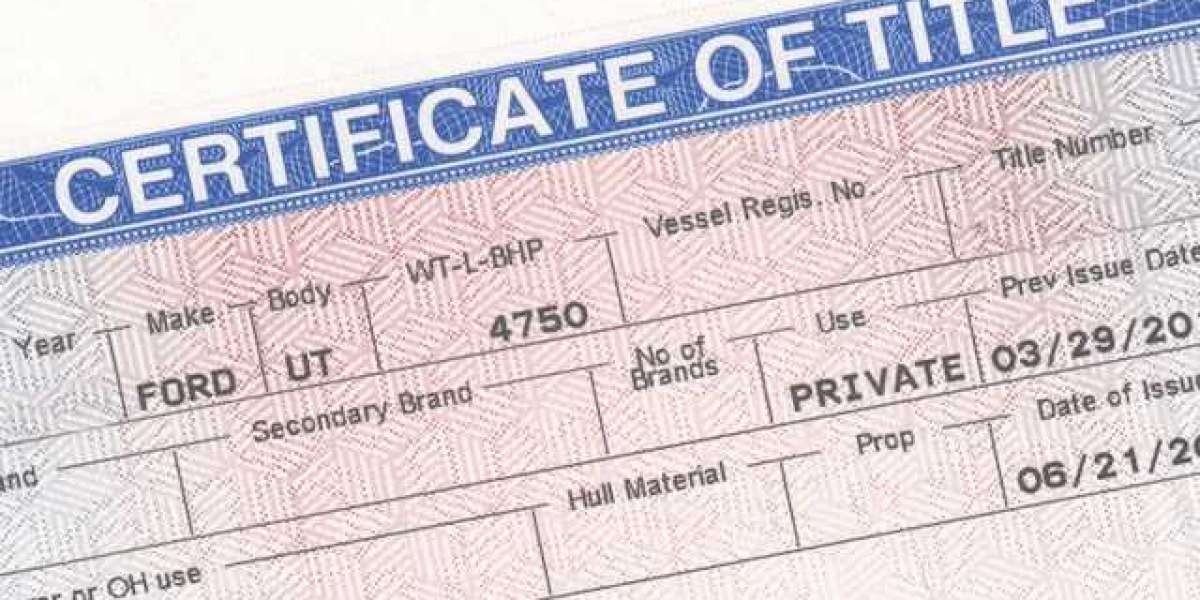What are NFTs?
Before delving into their applications in real estate, let’s understand what NFTs are. Non-Fungible Tokens are unique digital assets that represent ownership or proof of authenticity of a particular item or piece of content. Unlike cryptocurrencies such as Bitcoin or Ethereum, which are interchangeable, each NFT has distinct characteristics, making it irreplaceable and one-of-a-kind.
NFTs and Real Estate Titles
Traditional real estate transactions involve a complex web of paperwork, legal documentation, and intermediaries. NFTs have the potential to streamline this process by digitizing property titles onto the blockchain.
1. Ownership Verification:
NFTs can serve as digital representations of property titles, securely stored on the blockchain. This eliminates the need for physical documents and reduces the risk of fraud or forgery.
2. Transferability:
Transferring property ownership becomes faster and more efficient with NFTs. Instead of lengthy legal procedures, ownership can be transferred simply by transferring the corresponding NFT to the new owner's digital wallet.
3. Fractional Ownership:
NFTs can also enable fractional ownership of real estate, allowing multiple investors to own a share of a property. Each share could be represented by a unique NFT, providing transparent ownership records and facilitating investment opportunities.
Benefits of NFTs in Real Estate
1. Transparency and Security:
Blockchain technology ensures transparency and security in real estate transactions. NFTs provide an immutable record of ownership, reducing the risk of disputes and fraud.
2. Accessibility:
NFTs can make real estate investment more accessible to a broader range of investors. Fractional ownership through NFTs allows individuals to invest in high-value properties with lower capital requirements.
3. Globalization:
NFTs remove geographical barriers, enabling investors from around the world to participate in real estate markets without the need for physical presence or intermediaries.
4. Liquidity:
By tokenizing real estate assets, NFTs make it easier to buy, sell, and trade properties. Investors can quickly liquidate their holdings without the complexities of traditional real estate transactions.
Ubitquity and NFTitle™: A Use Case
One prominent example of leveraging NFTs for real estate is Ubitquity's NFTitle™ platform. Ubitquity has been pioneering the integration of blockchain technology into the title industry for eight years. Their NFTitle™ platform, using blockchain-agnostic technology hosted on the distributed web, delivers a unique consumer experience to owning a title to a home through the tokenization of Real World Assets.
With NFTitle™, users can mint title policies, deeds, certificates of authenticity, receipts, maintenance records, and other important Real World Assets (RWA) securely on the blockchain. This scalable platform offers unique capabilities and engaging interactions for small to medium-sized businesses (SMBs), enterprises, and customers while improving upon proof of ownership, future title search and retrieval, with parallel secure decentralized storage.
Challenges and Considerations
While the potential benefits of using NFTs for real estate are significant, there are also challenges and considerations to address:
1. Regulatory Compliance:
Implementing NFTs for titles and ownership will require adherence to existing regulations and possibly the development of new legal frameworks.
2. Smart Contract Risks:
Ensuring the security and reliability of smart contracts is crucial to prevent potential losses or disputes.
3. Adoption and Education:
Widespread adoption of NFTs in real estate will require education and awareness among industry stakeholders, including real estate professionals, investors, and regulators.
Conclusion
Non-Fungible Tokens are poised to transform the real estate industry by digitizing titles, facilitating fractional ownership, and enhancing the efficiency of transactions. While challenges remain, the potential benefits of using NFTs for titles and real estate are vast, promising increased transparency, accessibility, and liquidity in property markets. As blockchain technology continues to evolve, NFTs are set to unlock new opportunities and reshape the future of real estate ownership and investment.






